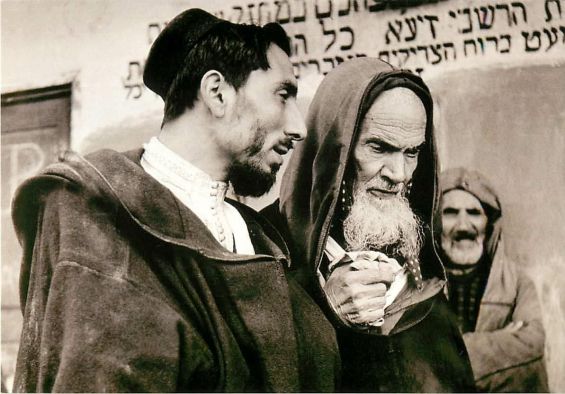On the 7th and 8th of June 1948, an outraged group of people in Jerada and Oujda surrounded the Jewish population of the two cities killing 42 individuals and injuring 29 others. 5 Moroccan Jews were savagely murdered in Oujda and 37 others were beaten to death by the population of Jerada.
According to an article published by the Moroccan monthly magazine Zamane, residents of the two northeastern towns, were angrily influenced by the situation in the Middle East back in the time which is the formation of the State of Israel.
In another article published by the Israeli online newspaper, Haaretz, «the massacres, who circumstances have never been definitively determined, came weeks after Israel’s declaration of statehood», stating that the anti-Jewish riots «contributed to a dramatic upsurge in the departure of Jews from Morocco, most of them to Israel».
An incident that contributed to the departure of Jews
In 1948, when the riots broke off, Oujda was under the French sovereignty and Jerada (60 kilometers away from Oujda) was home to more than 120 Moroccan Jews. According to the same source «rioters descended on Oujda’s Jewish quarter and killed four of its Jewish residents, as well as a Frenchman, and wounded 30». On the same day «37 Jews were killed including the town’s rabii, Moshe Cohen, and four family members», Haaretz stated.
The police arrived later assessing the material damage that hit the two towns. The pasha of Oujda, Mohammed Hajoui as stated by Haaretz «condemned the violence and even visited the homes of all its victims», consequently he was attacked on the 11th of June in a mosque.
Responding to the deadly attacks, the French, and most precisely René Brunel who was the French commissioner of Oujda, blamed the Moroccan Jews for the events. He insisted that «their passage through Oujda on their way to Israel, and their supposed sympathies with the Zionist movement» unleashed the anger of the population.

Following the anti-Jewish rioting in Oujda and Jerada «2,000 Moroccan Jews fled the country for Palestine, many of them passing through Oujda before crossing into Algeria», reports the same source.
«During the next year, 18,000 of Morocco’s 250,000 or so Jews left for Israel. Between 1948 and 1956, when emigration was prohibited, the number reached about 110,000», Haaretz explains.
In 1956, when Morocco was granted its independence, King Mohammed V prohibited the immigration of Jews and gave them their political rights. He declared that the Jews became Moroccan citizens. A Jewish minister, Leon Ben Zakin, was appointed in the first and second government.
After the death of Mohammed V, things took on different directions for Moroccan Jews and the border was opened again for immigration to Israel.





 chargement...
chargement...













